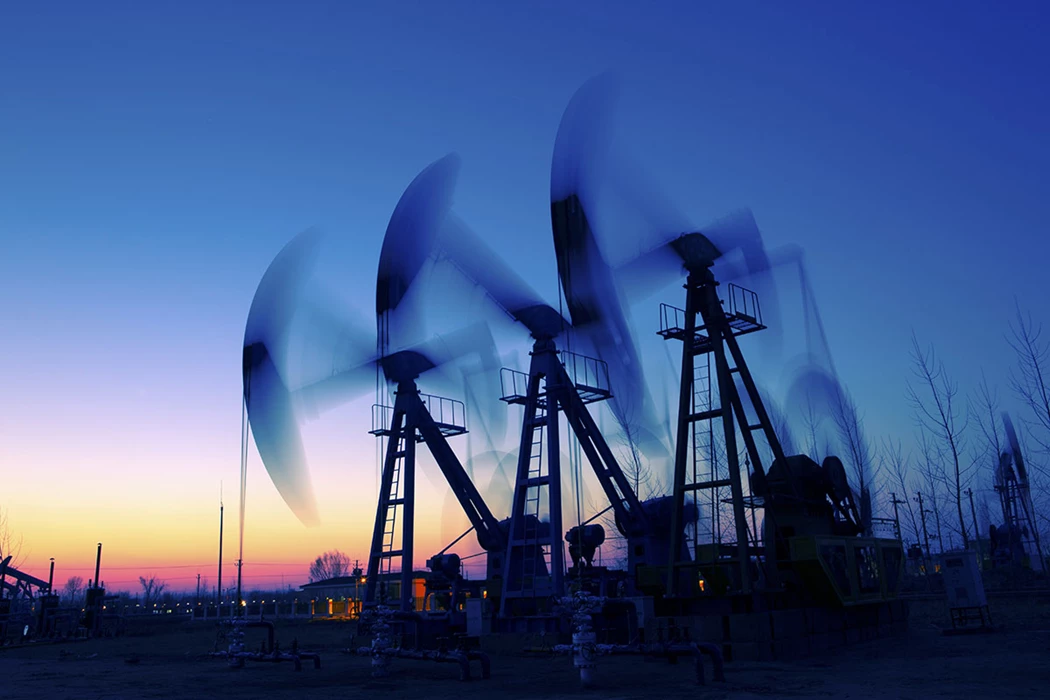Vancouver Braces for More Rain as Flood-Hit Region Rations Fuel
(Bloomberg) -- Vancouver, Canada’s third-largest city, is bracing for more rain after deadly floods last week left residents of Southwest British Columbia under fuel rationing and travel restrictions.
As much as 30 to 40 millimeters (1.2 to 1.6 inches) of rain is expected in the areas already recovering from a so-called once-in-a-century storm that washed away chunks of highways and closed the tracks of Canada’s two major railways, Mike Farnworth, the deputy premier of British Columbia, said Saturday. At least four people died after a mudslide.
The rain could worsen already flooded areas just east of the city and the situation is being closely monitored, Farnworth said at a press conference.
The province -- a major conduit to Asian markets and home to one of the busiest ports on the West Coast -- is in a state of emergency after the deluge last week. Infrastructure damage cut off the region from the rest of the country by land for days and, on Friday, prompted the province to announce fuel rationing for vehicles.
Cars have been lining up at filling stations in Vancouver and the surrounding coastal region after limits on fuel of 30 liters (8 gallons) per visit were announced, restrictions that will continue for the next 10 days. The province also issued a ban on all non-essential travel on three major highways even as some roads from the coastal region to the interior are being gradually repaired and reopened.
On Friday, federal and provincial governments set up a joint task force to restore the flow of goods through British Columbia. The group will “prioritize and advise on the best routes and use of limited capacity for the movement of goods across all transportation modes, while balancing community needs and national economic interest.”
Running Dry
Fuel pumps in parts of the province have been running dry amid panic buying as residents watched highways become impassable and key oil and fuel infrastructure shut down. Most filling stations in the capital of Victoria had “limited fuel options” on Saturday, as well as some stations in Vancouver and the hard-hit Chilliwack area, according to GasBuddy, which tracks retail gasoline stations in the U.S. and Canada.
The Trans Mountain pipeline, which carries crude oil from Alberta to the Vancouver area and is a key supplier of fuel to the city, has been shut for almost a week and it may partially restart by the end of next week, the company said Friday.
Canadian Pacific Railway Co. estimates its track service will be restored mid-week, barring any unforeseen issues. It’s working with authorities to coordinate delivery of critical materials, equipment, food and fuel.
The province is in discussions with oil companies in the U.S. to bring fuel into the Vancouver area from as far away as California, Rob Fleming, minister of transportation and infrastructure, said at the Saturday press conference. The government is grappling with how to deal with a possible shortage of ethanol, which is mixed with gasoline before it’s sold to consumers. “We might run out of those additives,” he said.
The scale of the disaster is forcing the province to take unprecedented measures. Four tons of feed had to be air dropped on a hog farm in Abbotsford on Saturday, said Lana Popham, minister of agriculture, food and fisheries. Five to six days of feed has been secured for the provinces farm animals, she said.
Import Contingencies
Fuel distributor Parkland Corp. said Thursday that the company has contingencies to import fuel from the U.S. Pacific Northwest to alleviate shortages. The company’s refinery near Vancouver is operational and managing crude and fuel inventories, the company said.
The rainstorms and flooding have devastated the province and lives were lost. After five days of searching, four people were found dead, while a fifth hasn’t been located after rain caused a mudslide in Duffy Lake, northeast of Vancouver, Lisa Lapointe, chief coroner, said in a release issued Saturday.
It’s the second time in less than five months that British Columbia has been paralyzed by extreme weather, after wildfires and a record heat wave choked the region in the summer. This time the disruptions threaten the movement of goods ahead of the busy winter holiday season.
Some 4,700 people have sought refuge at evacuation centers. Images of highways buckling into raging rivers and farmers using jet skis to desperately tow livestock to safety have poured out of the worst-hit areas further inland. The province has warned it’s ready to crack down on hoarding and price gouging if necessary.
(Adds fatal mudslide in third to final paragraph)
More stories like this are available on bloomberg.com
©2021 Bloomberg L.P.
KEEPING THE ENERGY INDUSTRY CONNECTED
Subscribe to our newsletter and get the best of Energy Connects directly to your inbox each week.
By subscribing, you agree to the processing of your personal data by dmg events as described in the Privacy Policy.
More oil news

Wall Street Weighs ‘Hawkish Cut’ While Tech Shines: Markets Wrap

Oil Rises as Possible Iran, Russia Sanctions Temper Glut Outlook

China’s Weak Winter LNG Demand Provides Relief for Rival Buyers

Oil Edges Higher Ahead of US Inflation Figures and OPEC Report

Oil Slips as Glut Outlook Outweighs Optimism on China Stimulus

Oil Edges Higher as Traders Weigh Fallout From Syrian Upheaval

China’s Solar Industry Looks to OPEC for Guide to Survival

Five Key Charts to Watch in Global Commodity Markets This Week

Oil Steadies as OPEC+ Opts Again to Delay Plan to Restore Output
















